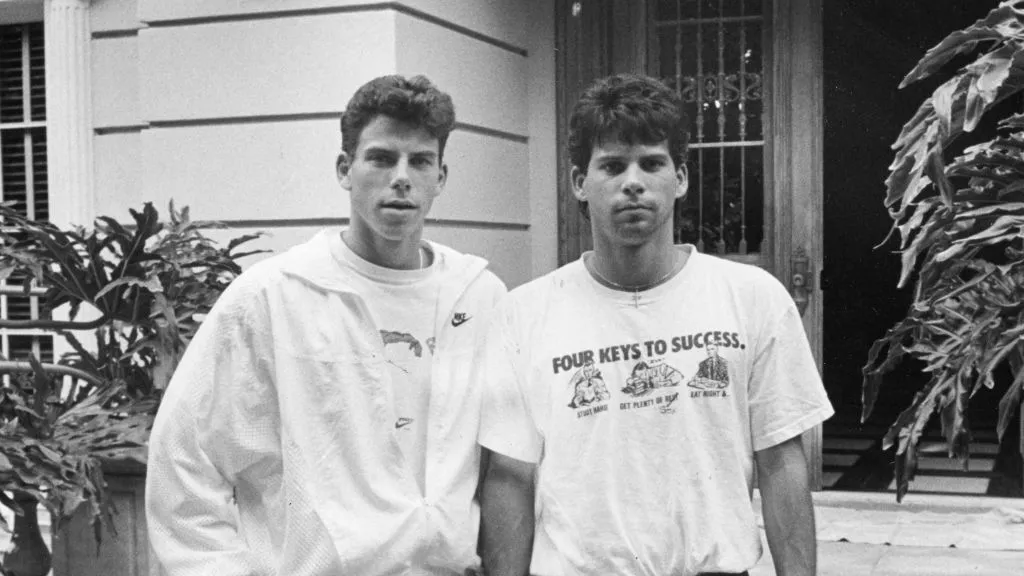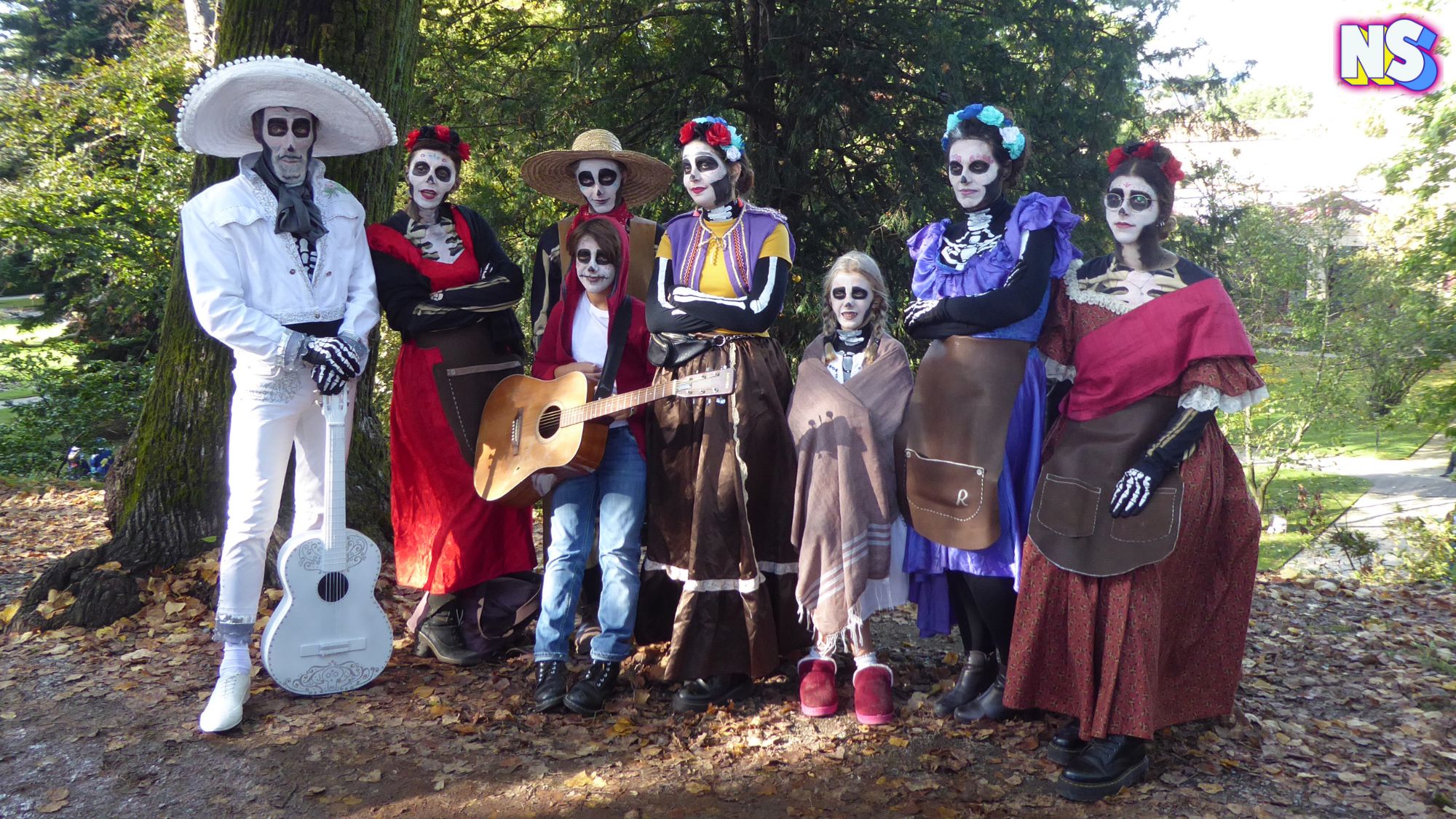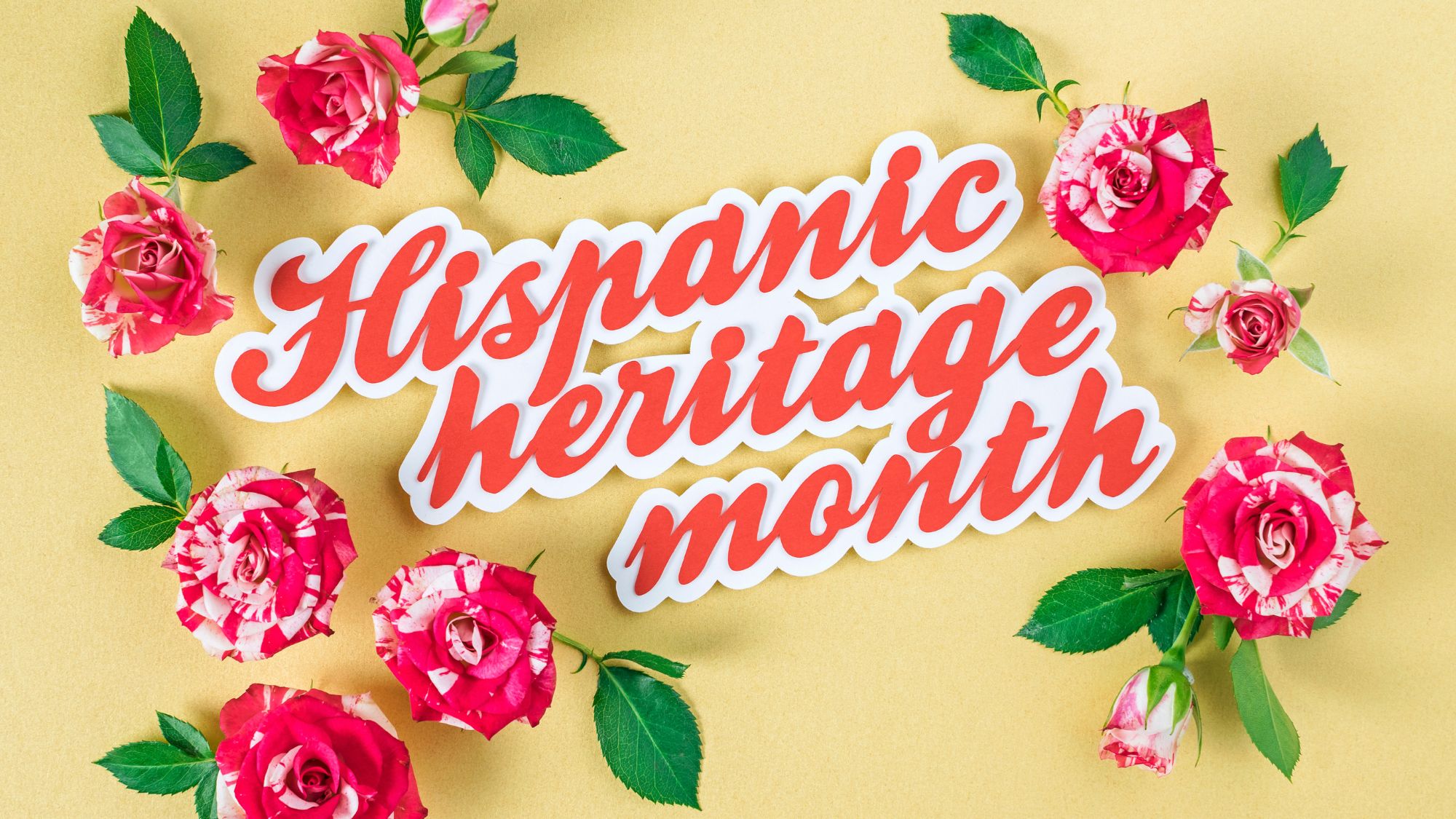I remember watching the Menendez brothers trials back in the early 1990s. They were everywhere — from the evening news to the cover of People magazine. The brothers and their crime were the topic of many dinner conversations too. Everyone had something to say about the good-looking murderous sons.
But what stood out to me, beyond the sheer shock of it all, was that they were Cuban. Hear me out. My dad, like theirs, escaped from communist Cuba. Actually, my whole family did. So the idea that these two boys had killed their Cuban father hit me differently. It was personal. Why would they kill their papi?
Revisiting a Cuban-American Tragedy
Over the years, I've thought about Lyle and Erik Menendez, probably more than most people who grew up with their trials. I didn't look back on them with hatred or disgust, but with a sense of sadness. I know that, for so many, their story was a messy, sensational tale of violence. But, for me, it seemed more like the story of the American Dream gone wrong, starring two boys from a Cuban-American family. Their father left Cuba for a better life, and he seems to have made it. What happened?
Three decades later, Netflix debuted a controversial docuseries about their lives, “Monsters,” without Lyle or Erik's blessings. So, as someone who sympathized with their plight, I immediately thought: How dare Ryan Murphy create a show against their wishes? Now I'm glad he did. Millions are seeing the brothers as humans, not "monsters." I'm not sure if that's what Murphy planned, but that's what's happening.
Humanizing the Menendez Brothers
For many people in the early nineties, the Menendez brothers were monsters, spoiled rich kids who murdered their parents in cold blood. But some of us saw them as the tragic products of an abusive home. These days, our way of thinnking is no longer in the minority. A whole new generation is discovering Lyle and Erik Menendez, thanks to “Monsters” big success. According to Forbes, "Monsters: The Lyle and Erik Menendez Story" was the most-watched series on Netflix ..." in its first and second week, "with 153.8 million hours viewed from Sept. 23 to Sept. 29, a 57% increase from the 97.5 million hours it was watched in its debut week."
Murphy humanizes the brothers in a way that the media of the 1990s never did. Back then, they were just the latest true crime sensation. Society treated them like a joke. Well, not anymore.
Beyond the Series
Like millions of others, I was glued to “Monsters.” As I watched, I feverishly searched Google to learn more about the people involved. I wanted to know more about figures like Dominick Dunne, who covered the trial, and the Menendez family members — cousins, uncles, and the grandmother — who were part of the story but often stayed in the background. The broader family dynamics and the abuse that stretched across generations was coming to light. It was all making sense now.
As the daughter of Cuban immigrants who fled Castro's communisit Cuba, I was drawn into the scenes and references to pre-revolution Havana. The show even got the island's lingo right. It was all spot on.
Jose Menendez’s obsession with hating Fidel Castro hit even harder. His personality was extreme and nasty, of course, but I understood his “Cuban” mentality – the feeling of loss after escaping Cuba with nothing, and struggling to achieve the elusive “American Dream.” It was familiar, a repetitive sad story in all of our Cuban-American households.
Looking Ahead
Now, like so many others, I’m anxiously waiting for the new court date in November. The idea that the Menendez brothers might get another chance, that they might actually be released from prison, feels surreal. Murphy even suggested that the brothers may go free thanks to the success of the show and the TikTok campaign demanding their freedom. "I think they can be out of prison by Christmas. I really believe that," the Murphy told Variety.
After all these years, it’s strange to think that the story might not be over, that the final chapter hasn’t been written yet. I don’t know what will happen, but I’m hopeful for the "Cuban brothers."
Finally, they're not just staples on true crime TV. They’re so much more. They're part of a complicated American story. They’re a reminder that there are dark sides of the immigrant experience.





